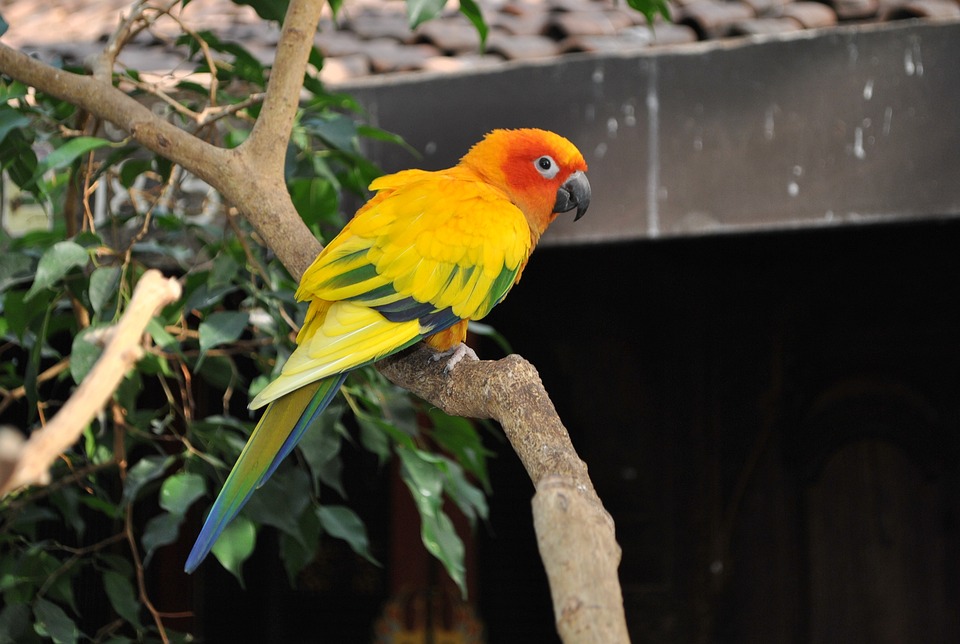Parrots are highly social creatures that thrive in flock environments. Understanding parrot flock socialization is crucial for their overall well-being and for maintaining a healthy and happy avian companion. In this article, we will delve into the intricacies of parrot social behavior, discuss the importance of flock dynamics, and provide valuable insights into how you can promote a positive social environment for your feathered friend.
One of the key aspects of parrot flock socialization is recognizing the instinctual nature of parrot flocks. In the wild, parrots live in large groups, or flocks, where they establish social hierarchies and engage in various social behaviors. By understanding these instincts, you can better cater to your parrot’s needs and provide them with a sense of belonging.
There are numerous benefits to flock socialization for parrots. Firstly, it contributes to their emotional well-being. Parrots are highly intelligent and social animals that thrive on companionship and interaction. Being part of a flock provides them with a sense of security and reduces stress and anxiety.
Flock socialization also provides mental stimulation for parrots. Interacting with other flock members, engaging in play, and observing and learning from each other helps keep their minds active and prevents boredom. This can greatly enhance their overall cognitive development and prevent behavioral issues caused by lack of mental stimulation.
In addition, flock socialization offers learning opportunities for parrots. They can learn important life skills and behaviors from observing and interacting with other flock members. This includes foraging techniques, vocalizations, and even social cues.
Understanding flock dynamics and hierarchy is also crucial. Within a parrot flock, there are different roles and structures. Alphas and subordinates establish a hierarchy, while mating pairs form a bond that is essential for reproduction. Juveniles learn from their elders and integrate into the flock as they grow. Understanding these dynamics can help you better understand your parrot’s behavior and social needs.
Communication and vocalizations play a vital role in parrot flock interaction. Parrots use vocal cues to communicate with each other, expressing their emotions, needs, and intentions. Learning to interpret these vocalizations can help you understand your parrot’s mood and promote effective communication between you and your feathered friend. Additionally, body language and flock interaction also play a crucial role in parrot socialization, and understanding these cues can help you create a positive social environment for your parrot.
The bond between humans and parrots is also an important aspect of flock socialization. Parrots are social mimics, meaning they learn and imitate behaviors from those around them. Building trust and establishing a social connection with your parrot is essential for their well-being. Consistency and routine, positive reinforcement training, and respecting personal space and boundaries are all key elements in building a strong bond with your parrot.
Creating a positive social environment for your parrot involves providing ample socialization opportunities. Interactive toys and puzzles can stimulate their minds and keep them engaged. Regular out-of-cage time allows them to explore their surroundings and interact with you and other household members. Encouraging natural behaviors, such as foraging, flying, and bathing, also contribute to their overall social well-being.
For those with multi-parrot households, compatibility and introductions are crucial. Properly introducing a new parrot into an existing flock requires careful observation and gradual integration. Avoiding favoritism and ensuring individual attention for each parrot is also important to prevent jealousy and aggression within the flock.
Finally, the article concludes with a section of frequently asked questions (FAQs) that address common concerns about parrot flock socialization. These include questions about socializing a single parrot effectively, introducing a new parrot into an existing flock, signs of social discontentment in parrots, preventing aggressive behavior within a parrot flock, and whether parrots can bond with other household pets.
In conclusion, understanding and nurturing parrot flock socialization is key to providing a fulfilling and enriched life for your feathery companion. By recognizing their instinctual needs and creating a positive social environment, you can ensure that your parrot thrives both mentally and emotionally. Remember, a happy and socially engaged parrot is a healthy parrot!









